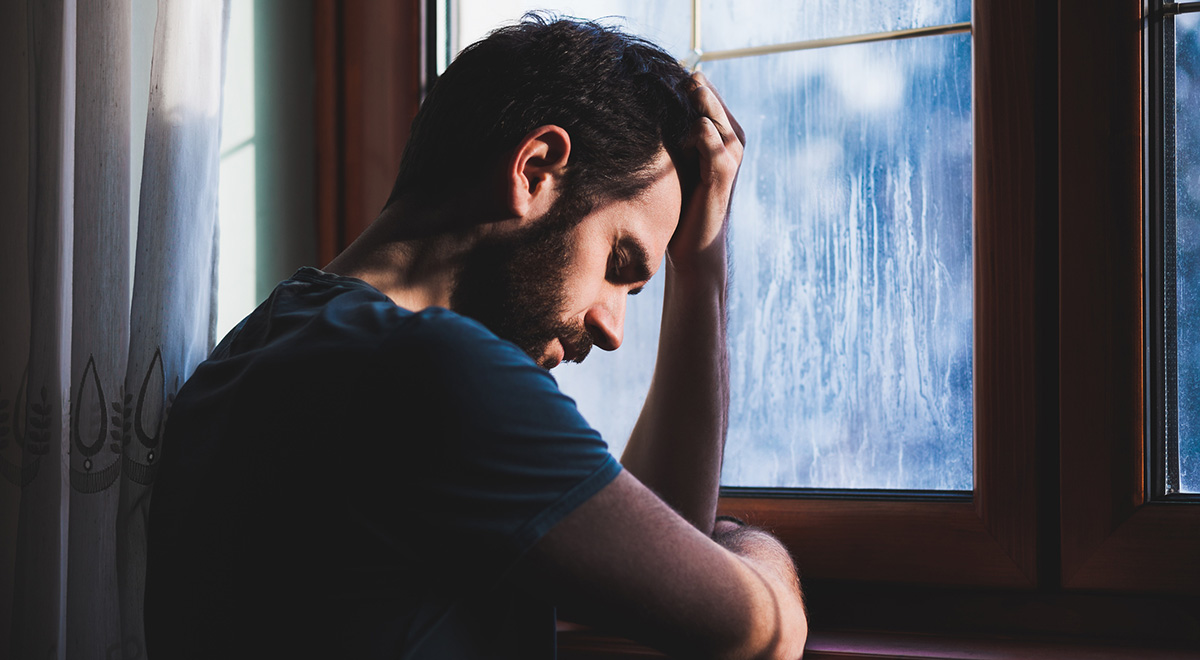A common “party drug” may hold the key to treating certain types of depression – and researchers are calling it the “most important discovery in half a century.”
Ketamine, more commonly known as “Special K” or simply “K” among youthful nightclub denizens, is yet another legitimate prescription medication that is commonly abused by people who obtain it illegally. It produces powerful feelings of dissociation, or a dreamlike state that users call the “K-Hole,” and is commonly used as a “date-rape” drug.
In the medical profession, it is used as a general anesthetic as well as pain relief and sedation for intensive care patients. Medically, it is considered one of the safest forms of anesthesia, since it does not immediately affect heart and respiratory function. Abused illegally, however, it can cause extreme high or low blood pressure, increase heart rate, bring on hallucinations, and even result in potentially fatal respiratory difficulties.
Now, ketamine is getting attention from the mental health community as an emergency treatment for severe depression. This comes as the result of a study, carried out at Columbia University Medical Center earlier this year that was recently published in the American Journal of Psychiatry. The study found that ketamine was much more effective at suppressing suicidal urges in patients suffering from major depressive disorder than midazolam, a sedative more commonly used for this purpose.
The recent study is not the first to find evidence of ketamine’s efficacy at treating especially difficult cases of depression, which affects more than 300 million people around the world. An earlier study from the University of California in San Diego was published in Scientific Reports last spring. It analyzed 8 million patient records, finding those who had received ketamine treatments for chronic pain were 50 percent less likely to suffer from depression.
The most recent findings have some mental health professionals calling it the most significant discovery of the past fifty years. The study’s authors write, “These patients cannot afford to wait up to six weeks for reductions in their depressive symptoms…this reduction in depression is specific to ketamine and is known to be much more rapid than current antidepressants.”
There are some drawbacks. Ketamine still poses a risk of side effects that can include elevated blood pressure and kidney problems. Studies done so far have averaged only two weeks, so the long-term benefits are uncertain. It is also expensive, as a single treatment can cost up to $1000 in the U.S. Additionally, ketamine as a treatment for depression does not have FDA approval; such use is therefore considered “off-label,” and is not normally covered by insurance.
None of this is discouraging psychiatrist Steven Levine, who is the CEO of Actify Neurotherapies. He acknowledges that “When you’re treating very very ill people, you will have side effects,” but points out that his patients are “…people who’ve been sick for decades and heard from multiple doctors that there’s nothing else they can do…[we are] enabling them to get back to their normal lives.” Currently, a 10-week course of treatment at an Actify clinic costs $5200. However, Dr. Levine says his company generally gets insurers to cover most of it.
These days, a number of scientific studies are exploring the use of “psychedelics” such as psilocybin mushrooms and the ayahuasca plant (used by indigenous peoples of the Amazon basin in shamanic rituals). Even LSD was used as a psychiatric drug in the late 1940s (though it currently has no approved medical uses). Such substances have been found to reduce depression by increasing synaptic connections in key regions of the brain. The current research on ketamine is a logical extension of this line of research. Levine says ketamine is “an incredibly safe medicine that works within hours,” and asks “Why the heck aren’t we using this?”

